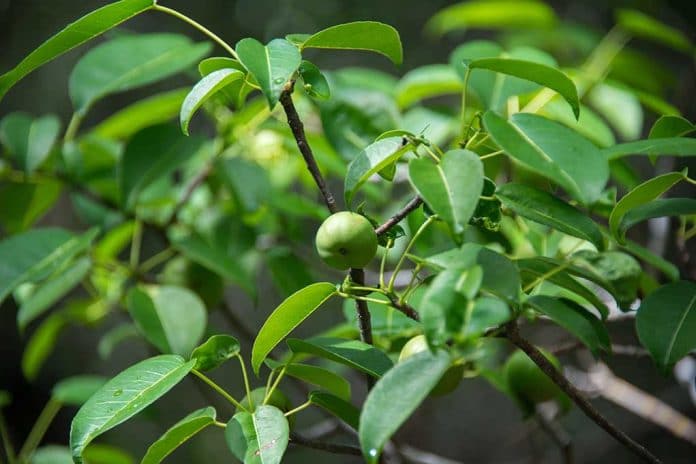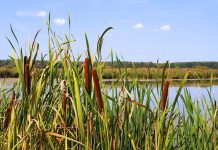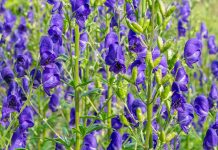
(TacticalNews.com) – Imagine being lost in the wild and coming across what you believe to be an apple tree. NOT SO FAST! Before you even touch a branch, you should know there’s a plant that resembles an apple tree but is, in fact, toxic. Here’s how you can identify the manchineel tree and the injuries that result from coming into contact with it.
Identifying the Manchineel Tree
The most dangerous tree in the United States only grows in the southern parts of Florida, which is good news for the rest of the country. Knowledge of how to identify manchineel trees is crucial; even merely touching the tree can lead to contact dermatitis or blistering of the skin. Manchineels grow fruit similar to crab apples, but smaller. Like the rest of this tree, the fruit it bears is deadly if ingested.
The trees have a max height of 49 feet (15 meters), reddish-gray bark and glossy greenish-yellow leaves with finely serrated edges about 2-4 inches long. Manchineels are prevalent in South America and the Caribbean. Avoid them at all costs.
The Deadliness of Manchineel Trees
Simply being in close proximity with the manchineel can cause trouble. If you find yourself caught in the rain, don’t seek shelter under this tree as water dripping from the leaves can cause the same symptoms as direct contact.
Thinking about destroying the tree? Don’t try burning it, which can cause the poisonous properties to spread through the air with the smoke, leading to severe skin irritation and sometimes even blindness. Any interaction with or ingestion of the manchineel tree can be fatal according to the Food and Agricultural Sciences Institute in Florida (IFAS).
Florida has several dangers we don’t see elsewhere in the country, such as alligators and pythons, but we believe the manchineel tree gives them a run for their money. While there are plenty of plants that can kill or injure you, there are also some that can help you in several ways. One such plant, known as the Moringa tree, is helpful in numerous ways, earning it the name “tree of life.”
Did you know this “apple tree” was so deadly? Do you know of any other plants that have tasty-looking fruit that is, in fact, dangerous? Reply to your email and let us know, we would love to hear from you!
Copyright 2021, TacticalNews.com



















